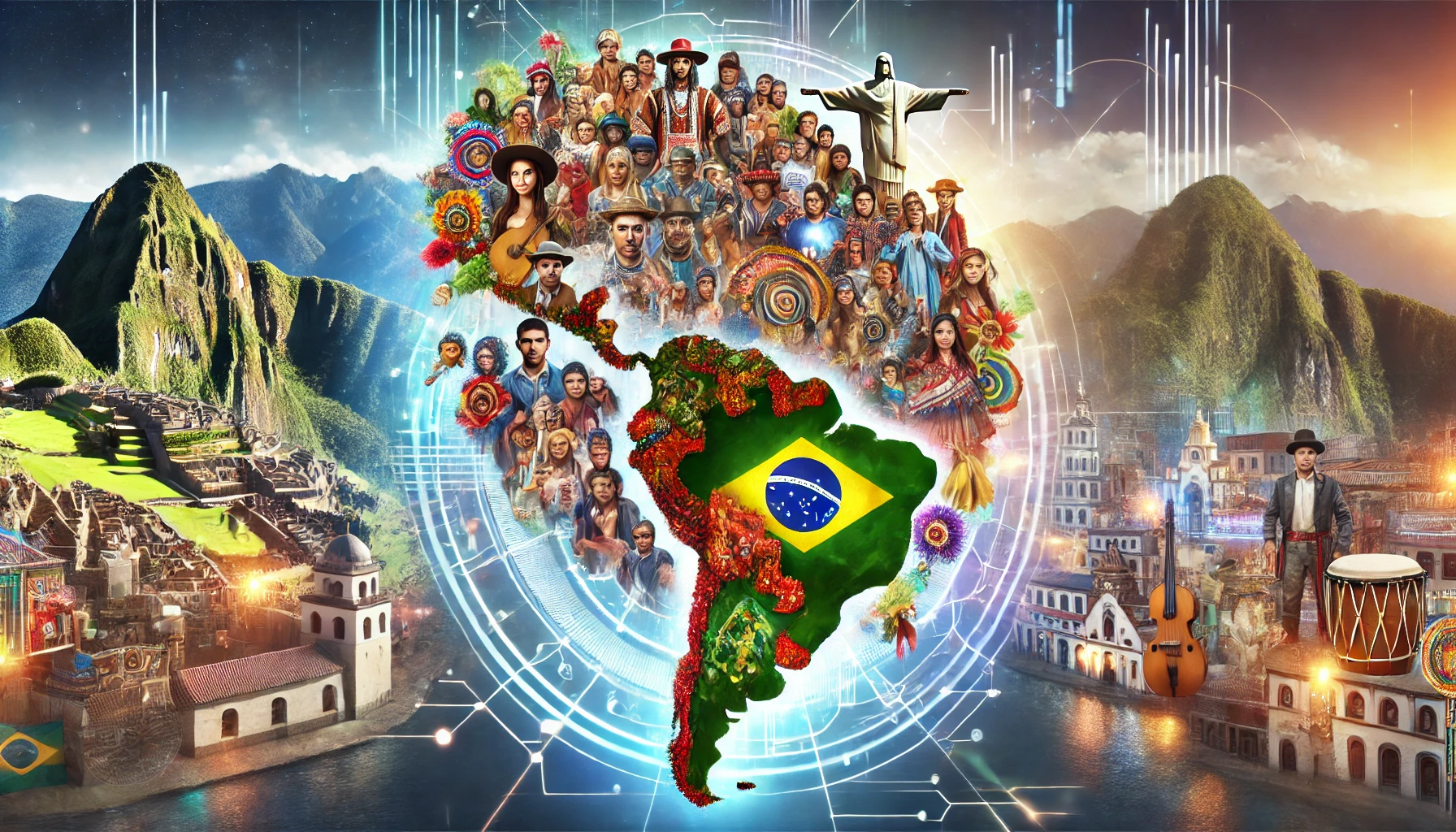Latin America has been the cradle of now globally popular literary and musical genres, staple foods like the potato and the inspiration behind the well-known Happy Meal. It could also become the cradle of a new form of AI.
A coalition of research institutions is working on what they call LatAmGPT — a tool that can take into account the region’s language variances, cultural experiences and “idiosyncrasies.”
The aim is to offer users a more faithful peek into and representation of the Americas and the Caribbean than that of large language models (LLMs) that have mostly come from U.S. or Chinese companies and were largely trained in English.
“We want to develop our capabilities, find local AI-based solutions and create a better understanding of these tools in Latin America and about Latin America,” said Rodrigo Durán Rojas, director of Chile’s National Center for Artificial Intelligence, which is coordinating the effort.
Durán Rojas said that for general purposes, the project will be hard pressed to compete with “state of the art models with multimillion budgets,” but that “what our model can offer that others don’t is a much richer and representative outlook of Latin America and the Caribbean,” its people and its outputs.
For example, Durán Rojas said initial testing has shown LatAmGPT to have far better results when queried about South American history, and that the same is expected for when the LLM is asked to, say, write a poem in the style of local authors or provide an overview of regional education policy.
There are more than 30 institutions involved in developing LatAmGPT from countries across the hemisphere, and collaborators include Latinos in the U.S. such as Freddy Vilches Meneses, an associate professor of Hispanic studies at Lewis & Clark College in Oregon. This, he said, is in recognition of how “Latino and Latin American experiences are a cultural fellowship that goes beyond geography.”
“There are elements of Latin America in Oregon, in California, in Texas,” Vilches Meneses said. “We want to make sure to incorporate that Latino experience as well.”
LatAmGPT, which aims to launch its first publicly available version around June, was announced last month on the heels of a regional commitment made during a summit on artificial intelligence in Uruguay to focus on “ethical, inclusive and beneficial” technological development to “promote and protect human rights” and explore the best possible public policies for AI governance.
That impulse follows an increasing uptake in the region of technological advances such as the use of drones to monitor deforestation in the Amazon rainforest, the development of apps to encourage more people to continue learning Indigenous languages, the creation of algorithms to aid in the search for forcibly disappeared people or the adoption of blockchain mechanisms to preserve historical documents of past dictatorship’s actions.
Some of those preserved documents are now being used as sources to train LatAmGPT, along with papers, records and logs that institutions such as libraries and national archives have made available specifically for the project. Durán Rojas said this gives the model more nuance and localized breadth than the general internet data scraping other systems tend to use.
“LatAmGPT will have more context than the other model languages and should therefore hallucinate far less” when it comes to its use cases, Durán Rojas said. Hallucination is what AI researchers call when a model seemingly makes up an answer that’s incorrect or false though it’s presented as factual.
So far the project’s dataset has more than 8 terabytes of information so the model can run on about 55 billion parameters (the variables with which an LLM makes a prediction output, like neurons that synapse or connect in a human brain). Durán Rojas said that’s somewhat close to what the first public version of ChatGPT had when OpenAI launched it in the fall of 2022.
The challenges of diverse dialects and complex grammar
ChatGPT and other models like Google’s Gemini have also sought in recent years to include a wider scope of data to offer the programs in languages other than English and with “localizations”— such as the LLM knowing to respond in the metric system when relevant or to understand idioms.
Those companies acknowledge the importance of expanding that offering. HyunJeong Choe, the director of engineering and internationalization for Google’s Gemini Apps, said it’s “a dedicated experience” that can be “essential for cultural relevancy and sensitivity.”
Source: https://www.nbcnews.com/





